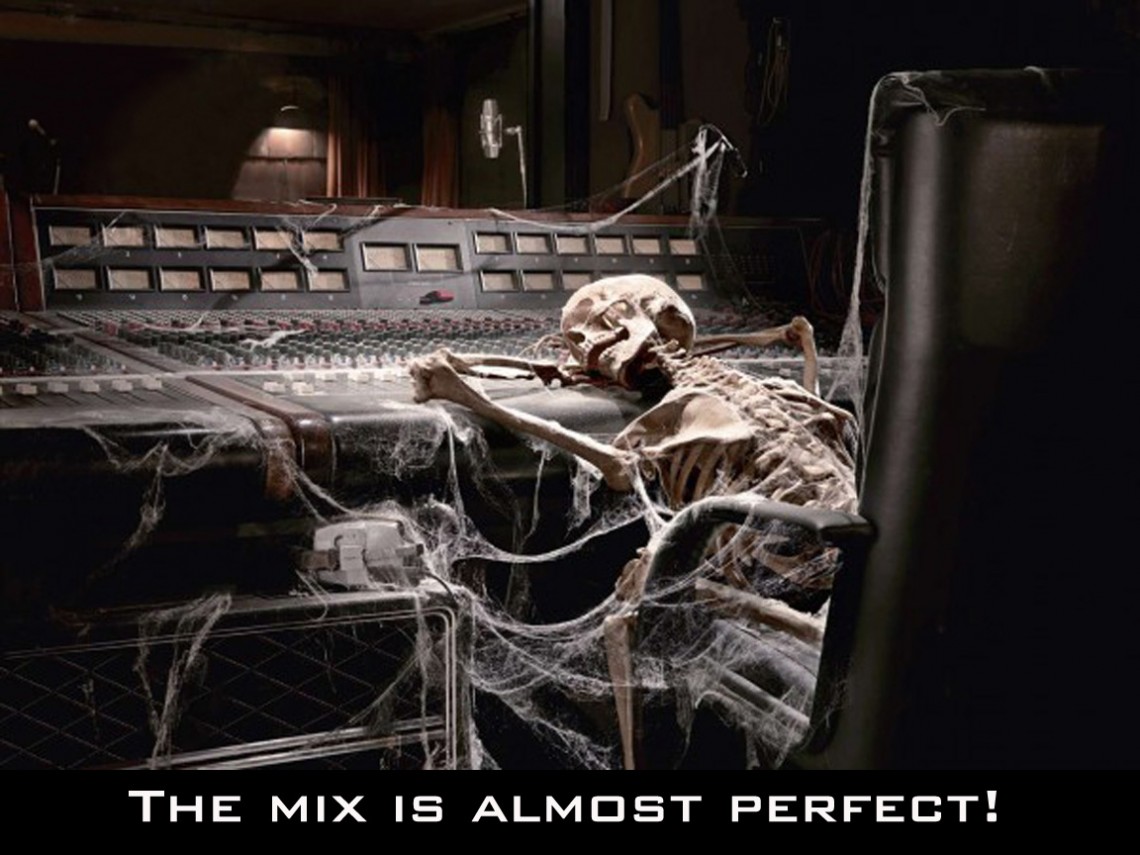When I started in radio in 1995, only national programs kept archives of their broadcasts. These were shelves or stacks (or often, I can tell you, messy piles) of reel-to-reel tape in thin boxes. And even with digitization, it took another ten years or more for most broadcast content to be archived on the web. Now, much of the work we do as audio producers is kept somewhere in a state of digital permanence, and that’s changed what we do, essentially, from broadcasting to publishing.
Yet, we haven’t really come to grips with how that changes our creative processes as storytellers.
As one of the podcast editors here, I’ve had to think over and over about how permanence changes the nature of our work. On a very basic level, it means we want our stories to hold well, so that someone downloading our back catalog and encountering our first podcast from 2012, “The Secret Power of Jury Nullification,” will still find it fresh and interesting.
But beyond that, I’ve found that digital permanence puts new sorts of pressures on everyone as editors and producers. We had a real luxury in broadcast for a long time of being able to get our sea legs on the air, making mistakes and falling down, without much consequence, because our work was fleeting. The flip side of that, of course, was that hardly anyone noticed our work or could really scrutinize that closely.
All of that has changed in the course of a few short years, and one of the unfortunate side effects, I’ve found, is a deadening perfectionism that can work its way into all aspects of production.
Though I love thoughtful and well-done stories, perfectionism is really bad for the necessary process of creating good audio stories. It short circuits the way we need to think about our work and can create anxieties and dead-ends that serve no one, least of all the listener.
So I’ve been thinking as an editor about ways we audio producers can avoid perfectionism’s traps in the midst of our changing paradigms.
Anyone who wants more of a deep-dive on what audio storytellers can do in the face of digital permanence, here are a couple of essays: one for the public media site Transom, with clips from different stages of a piece I recently did for WNYC’s Radiolab; and a broader piece for Harvard’s Nieman Storyboard site. I’m really grateful to both sites for giving our production experience at Life of the Law a wider space for discussion.
Julia Barton is an editor for Life of the Law.
Photo: from her story at Transom.









